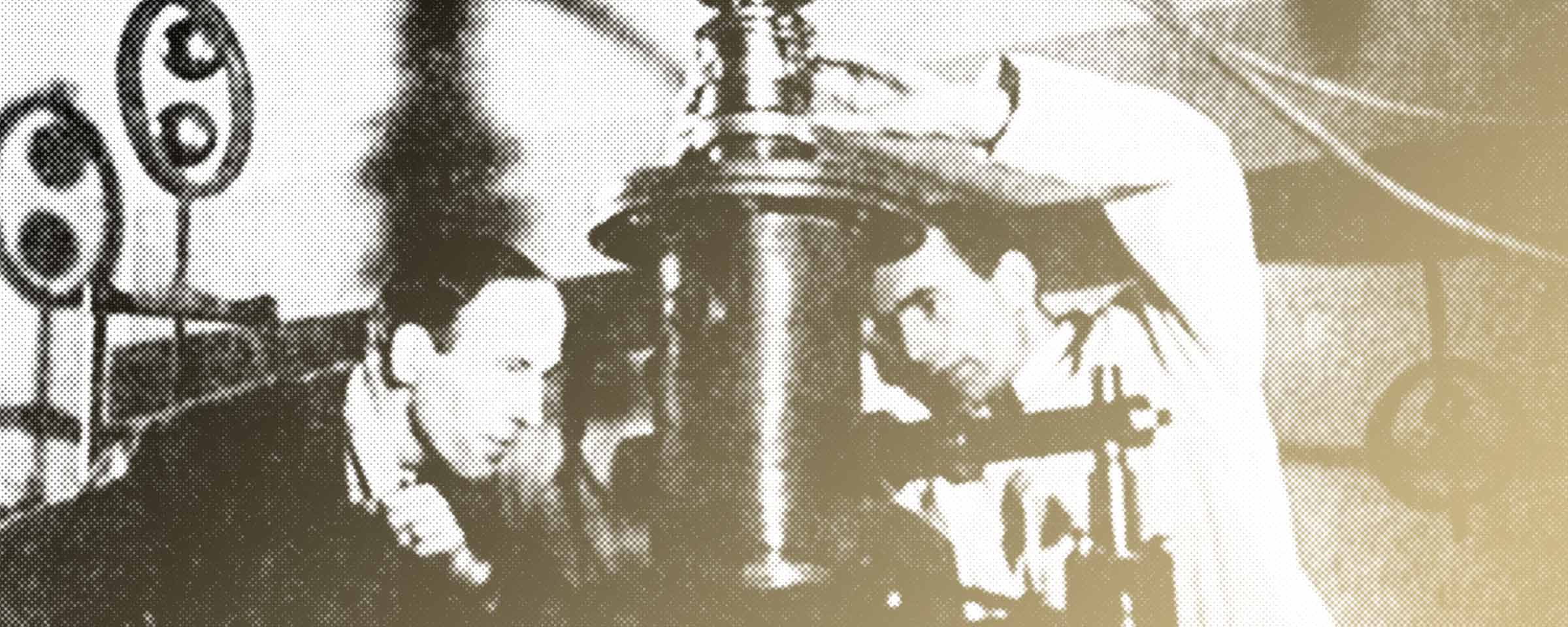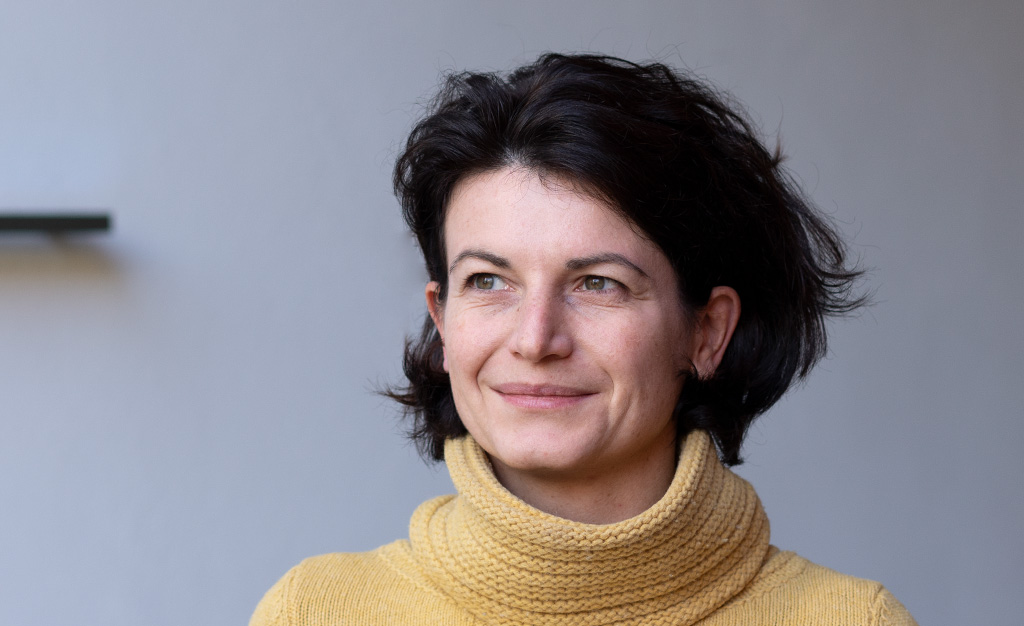
 Bettina Maier
Bettina Maier

06.07.2021
Why do some companies evolve into learning organizations, while others fail at the hurdle of exploration?
Companies face the question: What is the core of our company and which capabilities, technologies and partners protect and strengthen this core, like a shell? Which part of that shell do we have to build ourselves and at which point does it make sense to think of strategy as the art of omission – and when does it make sense to look at business models as networks in order to stay competitive?
Once a month, Intuity meets for “Coffee Culture Strategy” - an interdisciplinary exchange of experience and knowledge. External partners and customers are welcome to join as well. Last week, Benno Löffler shared his valuable insights with us. He started with the question:
„Why do some companies evolve into learning organizations, while others repeatedly fail at the hurdle of exploration?”
Benno Löffler, founder of Vollmer & Scheffczyk GmbH, has been dealing with this question for over 10 years. He made it his passion to initiate innovation and change processes in medium-sized companies and to accompanies them during this transformation as a consultant.
At their core, most companies emerged from a specific business idea - carried by a visionary who believed in the idea and made it a success. As a result of growth and the need for increased efficiency corporate culture changes over time. The initial culture of exploration (dynamic) is in parts replaced by a culture of processes and structures (stabilization), in which quality and efficiency make a major contribution to economic success. The context changes and with it the behavioral spectrum of employees. Success arises from precise planning and efficient response to market needs. A complete “back to the beginning” would lead to economically harmful chaos instead of initiating renewal. Which leads to the question:
„How can a company re-learn to explore and do one thing without neglecting the other?”
Benno finds answers to this question in precise language and clear distinction of words: Challenges of a complicated nature can usually be met with knowledge, planning, and processes. For a high degree of efficiency, the avoidance of errors and mistakes is crucial. Here the focus lies on “how” to solve the problem.
With complex challenges, standardized methods and processes for solving complicated problems don't work. To tackle complex challenges we need a stong will to change, be ready for misconceptions, fail in dignity, and gain insights in this dynamic, learning environment. Here, the focus lies on the employees and their individual implicit skills.
The context and its resulting expectations determine the behavioral spectrum of employees in companies. Rituals, liberties, and methods shape and modify this context. They are key to initiate a sustainable culture of learning. Both forms of tackling challenges (complicated and complex) are important for corporate development, especially when it comes to the core of the company. For the exploration of new fields, it is helpful to expand the area of solutions and to perceive external key competencies, technologies and partnerships as an opportunity to strengthen and protect the core of one's own company.
Thank you, Benno for your inspiring impulse and the thought provoking discussion, which we follow up with this blog entry.